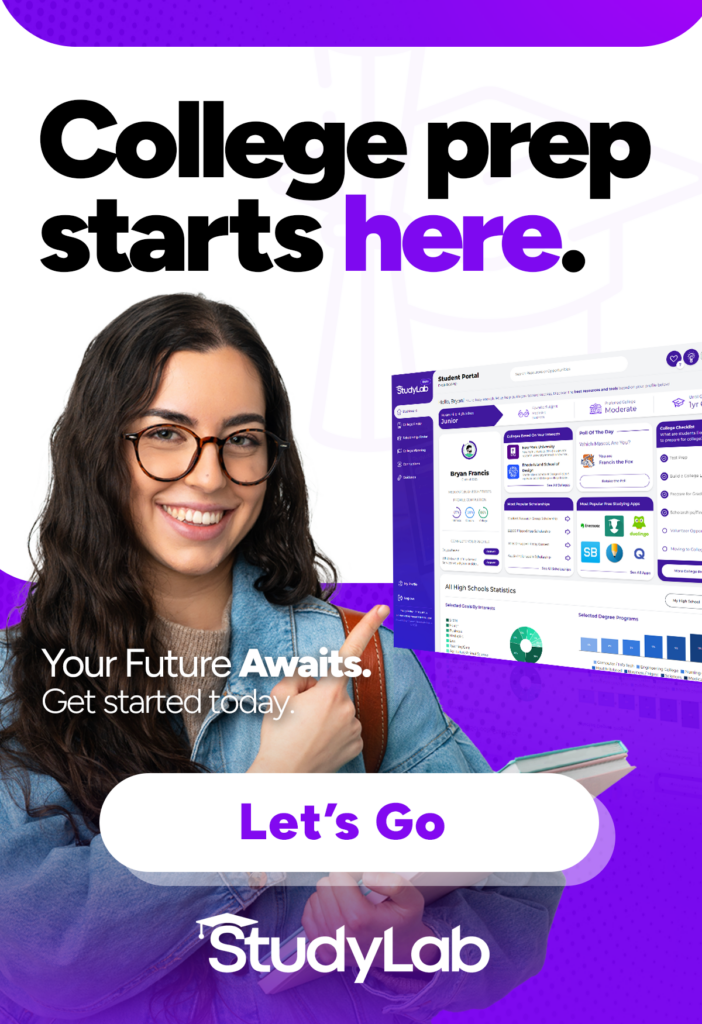“Apprenticeships, Not College, Can Help Reduce Unemployment,” an article that Paul Winfree and Rachel Greszler published in the Wall Street Journal on June 21, 2022, predicts that apprenticeships could soon be doing more to reduce unemployment than colleges are.
If so, the role that American higher education plays in sustaining the labor force could be changed dramatically.
Here is a summary of some of the trends that the authors cite.
College enrollment has fallen . . .
The authors cite findings from the National Student Clearinghouse Research Center, which found that college enrollment has fallen by about 5% for 18- to 24-year-olds in the last year, with the highest decreases in community-college enrollment.
Unemployment among younger Americans is on the rise . . .
Total employment has fallen 0.28% since the start of the pandemic, while employment among 20- to 24-year-olds is down 3.7%.
Employers are addressing gaps by investing in “practical workforce education” . . .
One example? When Mazda Toyota Manufacturing established a plant in Huntsville, Ala., the company educated thousands of new workers in advanced automotive manufacturing. The Bank of America has already established an alternative training program called Pathways. And Google, Amazon, and IBM have also created certificate and training programs for employees to acquire high-demand skills.
Apprenticeships are providing a non-college-based path to employment for growing numbers of younger Americans . . .
A 2017 study conducted by Burning Glass Technologies and Harvard Business School predicted that the number of occupations filled through apprenticeships could nearly triple (to 74 from 27).
Rethinking the Role that Colleges Play in Preparing Younger Americans to Work.
How will these trends affect the role that college plays as students plan their working lives?
Here are some likely trends that we at the Student Research Foundation can foresee:
- College could become only one of several tools that students use to prepare for careers. Students will still go to college but will pursue internships and apprenticeships at the same time.
- Certifications could become nearly as important as college degrees for students planning their careers.
- The importance of community colleges could grow – even though enrollment in these two-year institutions has fallen about 5% during the pandemic.
- High school guidance counselors will increasingly turn their attention to guiding students not only to colleges but to apprenticeships and certification programs that can help them find jobs more quickly than college degrees can.
Be Sure to Read the Student Research Foundation’s Career Pathways & 21st Century Skills Research
Among other findings, our research has determined that 70% of high school freshmen have thought about their career paths, and that figure rises to 81% by the time they are seniors.
Your Students Are Invited to Explore Their College & Career Options with Us . . .
Students who participate in the National Career & College Pathway Study will gain new insights about making educational decisions that align with their interests, passions, and aptitudes. Participants will receive information on college and career opportunities that match their interests.

Resources
Career and College Lesson Plan
Request study materials for your classroom
Related Posts
Is America’s Love Affair with College Fading Away?
Study Finds the Pandemic Has Caused More Students to Question the Value of College
Steps High School Juniors Can Take Right Now to Prepare for College Admissions
To Be Successful, Do Your Students Need to Attend an Ivy League Institution?
What Courses Offer the Fastest Path to a Job Today?
Babson Documents Big Changes in the Way Students Are Using Online Courses

